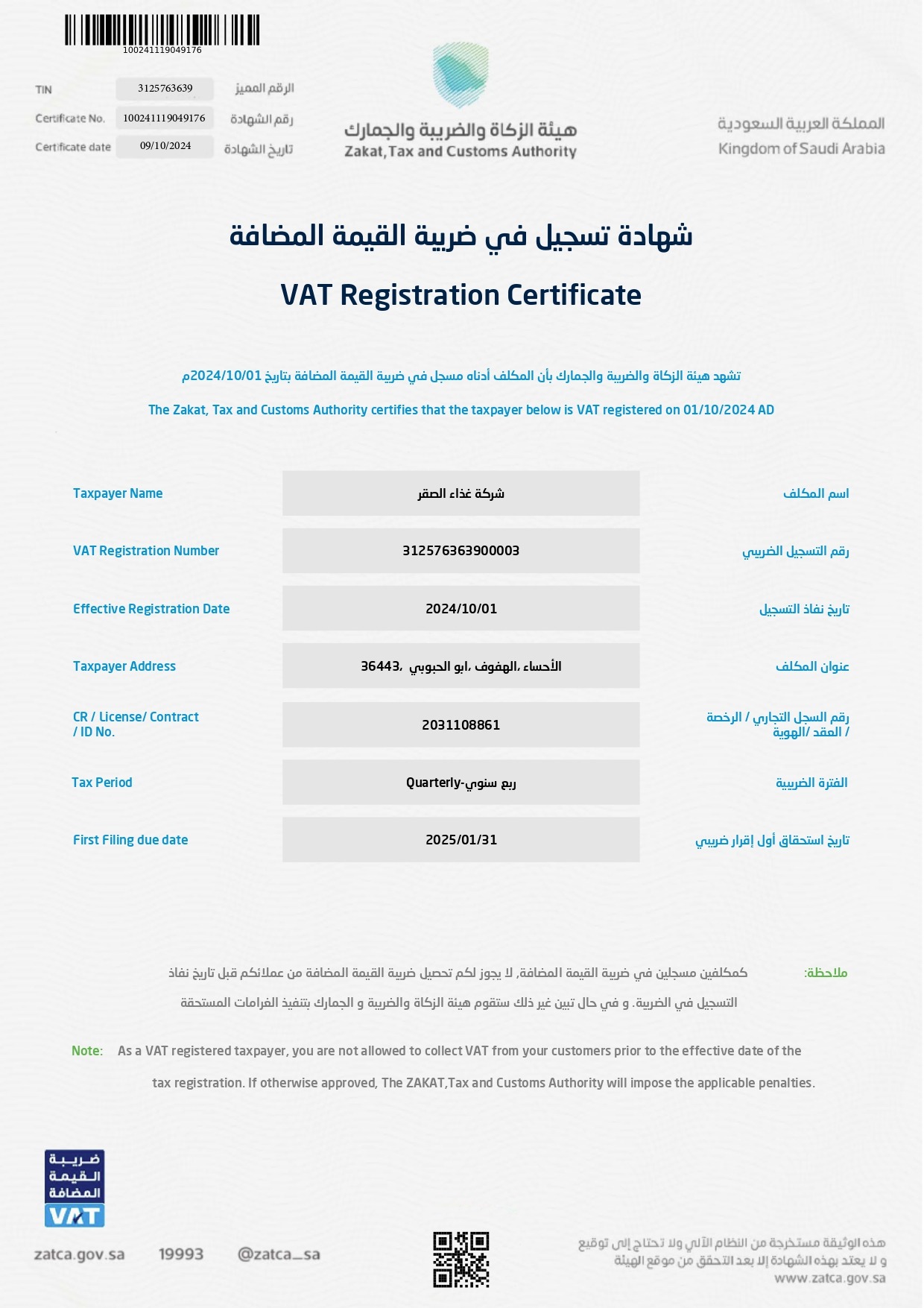Lungworms

Lungworms: internal parasites that can reach a length of approximately 20 cm. These worms infect falcons such as hawks, hawks, and peregrine falcons, in addition to vultures, eagles, and owls. Infection with this type of worm is considered a common infection in falcons, which often infect their air sacs. It is believed that The beetle plays an active role in transmitting lungworm infection when swallowed by hawks.
Methods of transmission of lungworm infection:
- Falcons devour the beetle that carries this parasite - worms
- Tools contaminated with the feces of infected hawks or birds, which often contain the eggs of these parasites
Pathological symptoms:
- difficulty breathing
- The weakness of the falcon’s ability to fly
- The falcon's intolerance to stress
- Loss of the ability to fly long distances
- Sneezing and coughing sometimes
The symptoms of lungworms may be similar to other diseases, including:
- Aspergillosis - rickets
- Inflammation of the air sacs
- Lung infections
Methods of diagnosing the disease:
- Disease symptoms appearing on the affected falcon.
- Direct microscopic diagnosis of falcon feces.
- Through exploratory binoculars.
treatment:
There are many anti-parasitic medications that are used to treat these types of worms, the most important of which are ivermectin, doramectin, and moxidectin.
Note that adult worms can be removed after (3-5) days of giving the first dose of treatment using an endoscope. However, some advise against using this method for the following reasons:
- The worms decompose and are absorbed by the falcon’s body a few weeks after the treatment is given.
In some cases, the worms are covered with large numbers of blood vessels that may be damaged during the deworming process, causing internal bleeding.
Prevention and control:
- Ensuring the safety of the birds used to feed falcons.
- Controlling insects that carry lungworms (such as beetles, for example) in falcon breeding rooms and areas.
- Ensure that healthy falcon tools are not contaminated with feces from infected falcons.
- Constantly inspect the falcons’ feces to ensure they are not infected.
Photo album







